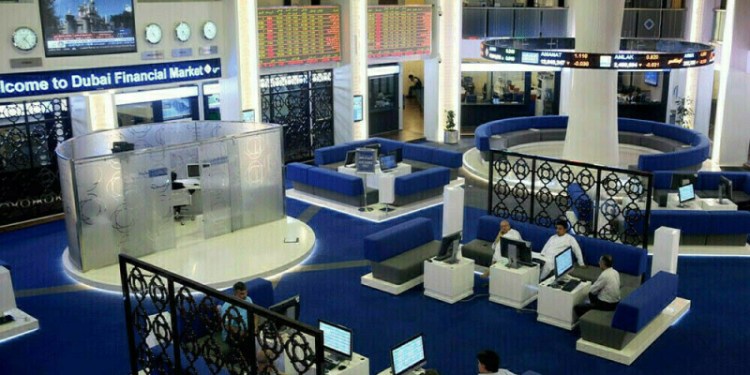By Sue-Lin Wong
BEIJING (Reuters) – A U.S. trade delegation in China has been having very good conversations, U.S. Treasury Secretary Steven Mnuchin said on Friday, as he heads into the second and likely last day of talks in Beijing.
A breakthrough deal to fundamentally change China’s economic policies is viewed as highly unlikely during the two-day visit, though a package of short-term Chinese measures could delay a U.S. decision to impose tariffs on about $50 billion worth of Chinese exports.
The discussions, led by Mnuchin and Chinese Vice Premier Liu He, are expected to cover a wide range of U.S. complaints about China’s trade practices, from accusations of forced technology transfers to state subsidies for technology development.
“We are having very good conversations,” Mnuchin told reporters as he left his hotel. He made no other remarks.
China, which has threatened retaliation in equal measure, including tariffs on U.S. soybeans and aircraft, has so far given no comment on how the talks are going.
The official China Daily newspaper said in a Friday editorial that the brewing tensions between the two countries underscored how “niggly” differences had become and “how difficult it will be for the two sides to walk away happy”.
It added “fingers would be crossed” around the world that a deal could be stuck because “failure would herald a slug fest of tariffs that would leave global trade reeling”.
U.S. President Donald Trump on Thursday praised his relationship with Chinese President Xi Jinping as the U.S delegation began their talks, which are taking place at a state guest house in the western part of the Chinese capital.
The arrival of the U.S. trade delegation indicated the United States has “taken a step towards avoiding a massive trade war,” China’s widely-read and often hawkish Global Times newspaper said in a commentary.
“Since both sides have their bottom lines to keep, it may be hard to reach a deal, but it is good to start somewhere.”
NO ILLUSIONS
U.S.-based trade experts have said they expected Beijing to offer Trump’s team a package of policy changes that may include some previously announced moves, such as a phase-out of joint venture requirements for some sectors, autos tariff reductions and increased purchases of U.S. goods.
U.S. complaints about Chinese intellectual property, or IP, abuses are at the core of the current dispute. The Trump administration says U.S. companies lose hundreds of billions of dollars annually to China’s theft of trade secrets.
James McGregor, chairman of PR giant APCO Worldwide’s greater China region, told Reuters there was a “very strong possibility” the talks would not avert the implementation of tariffs.
However, the U.S. side may be able to convince China the United States has fundamentally shifted tack on trade relations.
“I don’t think there are a lot of illusions in America that you can make China change,” McGregor said, noting the “Made in China 2025” plan to upgrade domestic manufacturing, viewed with suspicion abroad as an import substitution scheme, is a key initiative rolled out under Xi.
“The idea is how do we readjust the interface with China to protect America, American innovation and American companies. If protecting what’s on your side of the equation incentivises China to do things differently, then that’s a win,” he said.
U.S. Trade Representative Robert Lighthizer said on Tuesday it was not his objective to change China’s economic system, but that he would try to find ways to limit the damage it causes to the United States and open it further for U.S. companies.
But the diverse U.S. trade delegation is likely to have differing views among its members on the merits of any deal China might be willing to make.
Mnuchin and new White House economic adviser Larry Kudlow are seen as likely to favor a package that keeps financial markets on an even keel and doesn’t interfere with strong economic growth.
The group also includes Commerce Secretary Wilbur Ross, Lighthizer, a hard-line and experienced trade negotiator, and White House trade and manufacturing adviser, Peter Navarro, a noted China trade hawk.
Navarro advised Trump throughout his 2016 election campaign, during which the candidate routinely threatened to impose a 45 percent across-the-board tariff on Chinese goods as a way to level the playing field for American workers.
In recent months, Trump has demanded a $100 billion annual reduction in the $375 billion U.S. goods trade deficit with China, and responded to Chinese vows of retaliation over U.S. tariffs with threats of duties on another $100 billion worth of Chinese exports to the United States.
Source: Investing.com




























